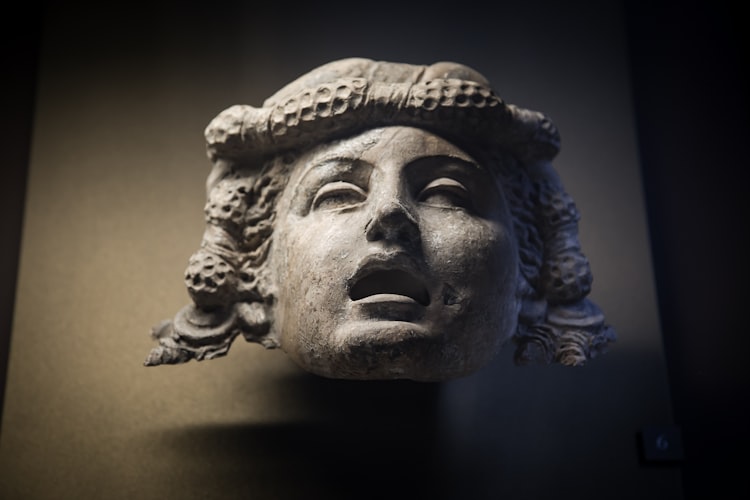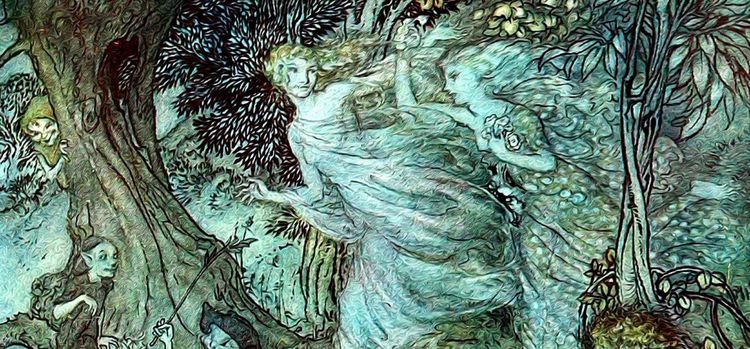Speculative fiction clichés and stereotypes

Tropes are part of the SFFH writer's toolkit, but if they're not used thoughtfully they can lead to boring stories and harmful stereotypes.
Have you read Evelyn Freeling's brilliant "Writing advice from a slush reader"? It's a great resource for writers, and I wanted to add something about the most striking thing I've noticed when reading submissions: clichés and stereotypes.
Classic science fiction, fantasy, and horror clichés
There are many lists of overused plots and tropes in speculative fiction, for example:
- The Grand List of Fantasy Clichés
- Strange Horizons: Horror stories we've seen too often
- The Grand List of Science Fiction Clichés
- Strange Horizons: Science fiction and fantasy stories we've seen too often
- Clarkesworld: Sci fi and fantasy hard sells
If you've opened up one of those lists and found a story that sounds a bit like the one you're working on, don't fret; we're all remixing and recombining story elements all the time.
As TV Tropes explains, tropes are not good and not bad, tropes are tools.
Problem 1: Boring stories
One problem with tropes and clichés is that unless they're used carefully they make for extremely dull stories. I've been surprised at the number of stories I've read for which I could guess the "twist" ending from the first paragraph, or even the title.
How can writers avoid falling into the cliché trap? I don't have the answer and I'm certainly not immune to it myself. But my advice would be:
- Read the lists above.
- Read widely in your genre.
- Read widely outside your genre.
- Read works by authors with different perspectives and experiences from you.
Here's something else to try: when you come up with an idea, put it to one side and thinking up another one, the next one along, or another version of it. Chances are it will be more original than the first one that occurred to you. Either way, you'll have two ideas to choose from.
Problem 2: Real world harm
Another more serious problem with clichés and tropes is that they can reinforce harmful stereotypes and narratives. And that has seriously damaging consequences in the real world, for individuals, for groups and communities, for entire societies.
As we grow up we all absorb norms and stereotypes from our environment and our culture, and unless we examine them and work to unlearn them, they will flow into our writing. We all make mistakes - I know I have, and I'm sure I will again - but we can learn and practice and change. We are our own work in progress.
You can use the resources in the list below to start familiarising yourself with common stereotypes and damaging tropes, and building your knowledge about why they are so damaging.
Something else you can do is work on your characterisation. The most satisying stories have characters who feel three-dimensional, with believable internal motivations and complex identities. Why not try out some different characterisation exercises to give your characters more depth?
Resources for avoiding harmful stereotypes
Here's a list of some resources which highlight and explain damaging stereotypes in speculative fiction. This list is absolutely not intended to be comprehensive, it's just a starting point.
Writing The Other have many more in-depth resources, classes, and guidance.
Gender
- Mythcreants - Five signs your narrative is sexist
- Writing the Other - Writing characters of different genders
- SFWA - 4 Pitfalls to avoid when writing trans characters
- The Turkish Rug - The art to writing women
- Mythcreants - How to describe women without degrading them
- Mythcreants - Five signs your story is sexist against men
- Strange Horizons - Writing better trans characters
- Tor - Writing women characters as human beings
- Scottish Book Trust - Six tips for writing genderqueer and nonbinary characters
- Loose Cannon - Tropes of Women of Color in Sci-Fi
Race and religion
- Writing the Other - Writing characters of different races and ethnicities
- Writing With Color blog
- Mythcreants - Five Arab and Muslim stereotypes to avoid
- TV Tropes - Fantastic racism
- Mythcreants - How to write a racist story
- Aliette de Bodard - SFF as metaphor: aliens, vampires, foreigners and immigrants
- Mythcreants - Five signs your story is racist
Sexual orientation
- Writing the Other - Writing characters with different sexual orientations
- Mythcreants - Six signs your story is queerphobic
- Dead Darlings - Beyond the closet: Writing gay characters
- Writing the other - Writing positive portrayals of asexual characters
- Malinda Lo - Avoiding LGBTQ Stereotypes in YA
- So To Speak - Bi joy as resistance
- Apex - Reaching into the QUILTBAG
Disability, neurodiversity, and mental health
- Writing the Other - Writing characters with disabilities
- SFWA - Tired disability tropes in SFF: Do better
- Mythcreants - Ridding your monsters of ableism
- Mythcreants - Seven misconceptions about madness and psychosis
- Writing the Other - Writing Deaf and blind characters
- Thinking Person's Guide to Autism - What good representation of autistic characters looks like: Setting, plot, and character growth
- Space Crip - Disability in SciFi, Fantasy, and Beyond
- FanFiAddict - Neurodivergence in fiction
- Disability in KidLit
- Mythcreants - Respectfully showing a character adapting to a disability





Member discussion